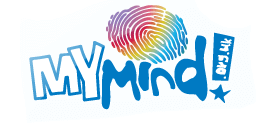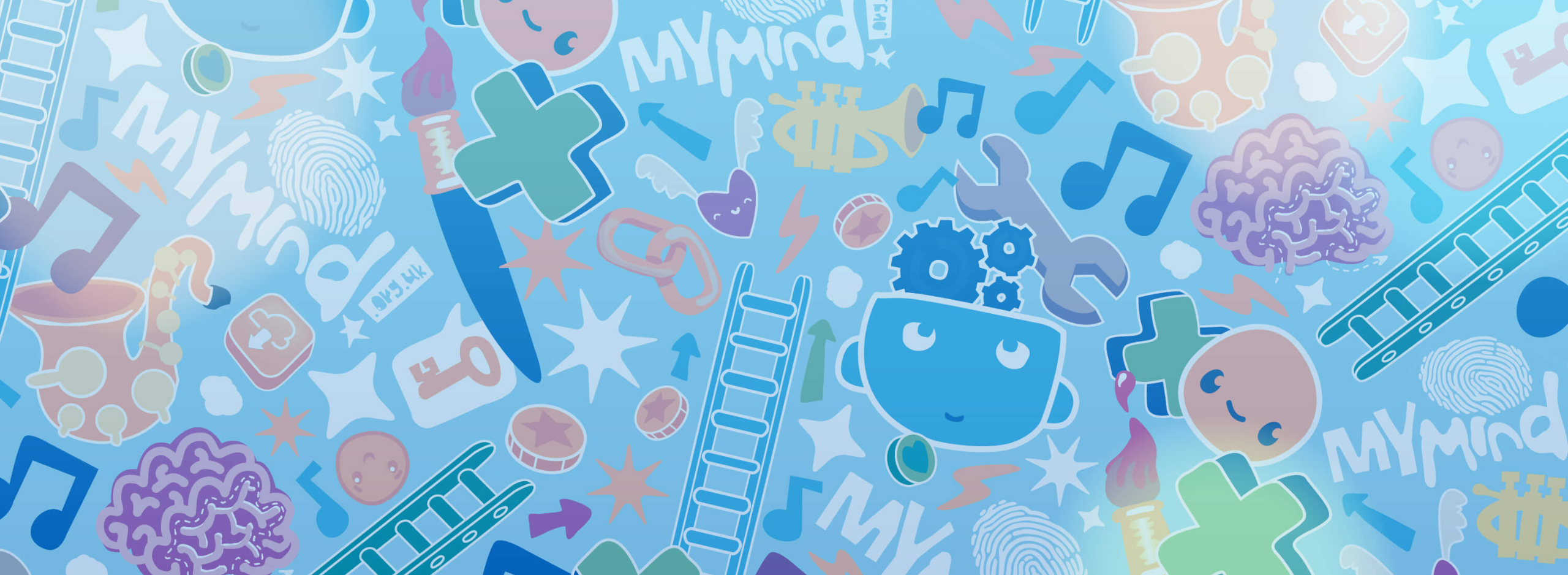When a worker or organisation says that you can speak to them confidentially, this means what you talk about will be kept as private as possible, and that they won't, unless they are very worried about your safety or the safety of others, tell anyone else what you say.
The rules on confidentiality are different depending on your age, but at CAMHS we always try to get your permission before sharing information about you.
If you have any questions about confidentiality, you can ask your CAMHS worker at any time.
Who knows I'm seeing CAMHS?
To start with, the only people that know you're seeing CAMHS are you, your parents/carers, your doctor and the person that asked us to see you (e.g. your school nurse); unless you choose to tell others. If we need to talk to anybody else, we will always try to ask you first.
Why do my parents/carers need to know?
This is because your parents are legally responsible for you until you are 16 years old, so we need to ask them before we can help you. But seeing CAMHS can help them too, they can learn ways to help solve problems and support you better.
There are some rare situations where your parents/carers might not need to know; your CAMHS worker will discuss this with you.
When might you want to talk to someone else?
We do sometimes need to talk about your worries with:
- Other people who know you e.g. your teacher or social worker, if we need more information about the difficulties you are having.
- Other people in CAMHS, so they can help us to help you.
- Your doctor and the person who asked us to see you, to tell them a bit about your problems and what we plan to do.
If we are really worried about your safety, or someone else's safety, we may have to tell somebody outside of our team, but we will try our best to speak to you first.
Who knows I'm seeing CAMHS?
To start with, the only people that know you're seeing CAMHS are you, your doctor and the person that asked us to see you (e.g. your school nurse); unless you choose to tell others. If we need to talk to anybody else, we will always try to ask you first.
Do my parents/carers need to know?
Once you turn 16, you have a legal right to confidentiality (privacy) and to give consent (agree) or refuse consent (refuse) for your own treatment, without the need to involve your parents/carers. But it can be useful to involve your parents/carers, so that you can listen to their views and they may be able to support you. The difference when you reach 16 is that you make the final decisions.
When might you want to talk to someone else?
We do sometimes need to talk about your worries with:
- Other people who know you e.g. your teacher or social worker, if we need more information about the difficulties you are having.
- Other people in CAMHS, so they can help us to help you.
- Your doctor and the person who asked us to see you, to tell them a bit about your problems and what we plan to do
If we are really worried about your safety, or someone else's safety, we may have to tell somebody outside of our team, but we will try our best to speak to you first.

